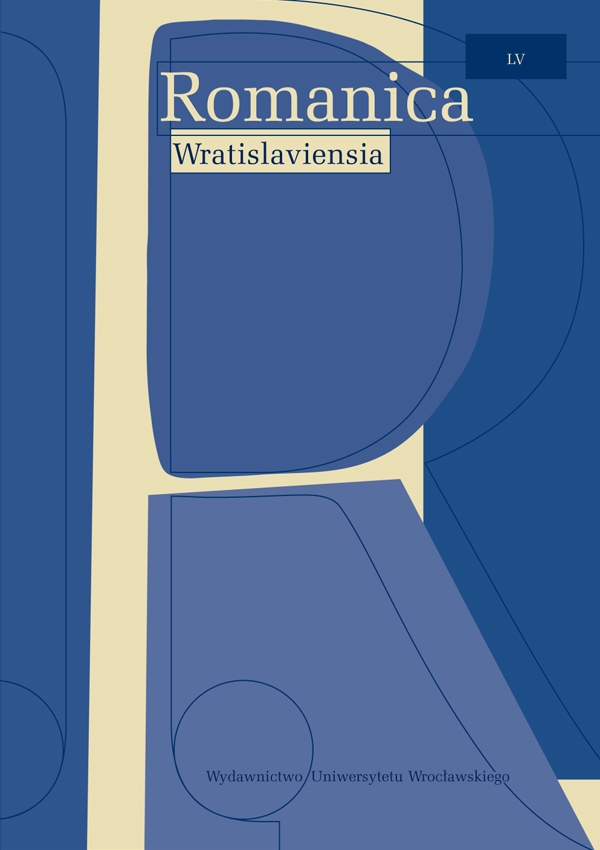

Articles

SCHOPENHAUER READS CALDERÓN: TO INTERPRET DRAMA WITHOUT RELIGION
The point of view Arthur Schopenhauer introduces to the history of reception of Calderón’s dramaturgy in Germany is close to Goethe’s opinion. Writing about the tragedy, he cuts himself off from the Romantic writers and states that in order to meet all demands of the genre, tragedy ought to be free from any motifs related to the Christian religion. He points out, however, that Calderón’s dramatic output regarding Christianity deserves to be highly appraised; the specific character of his aesthetical reflection leads to an unambiguous statement of the necessity of removing the Christian, or even Catholic elements from his dramas. In this regard his opinions coincide with the theatre practice of Goethe, who in order to adapt The Constant Prince for the performance he prepared, significantly changed its German translation by Schlegel, reducing the surfeit of Christian elements in it.